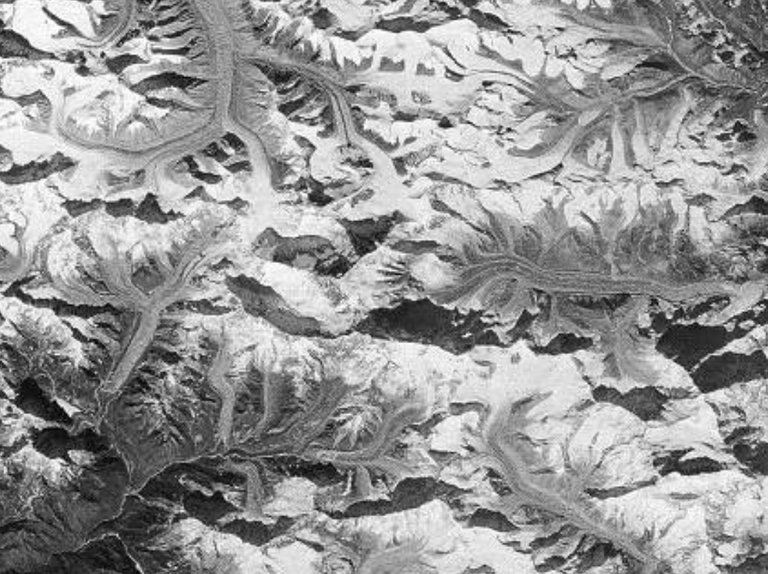
The melting of the Himalayan glaciers is two times faster than at the end of the 20th century, according to a study. The New York Times and the British Guardian newspaper reported on 19th that research by Joshua Morer of Columbia University in the United States was published in the journal Science Advances. The researchers measured the change in ice thickness by analyzing 650 satellite images of glaciers in the 2000-km Himalayan alpine region across India, China, Nepal and Bhutan. They also converted information from the 1970s spy satellite, which had been left unoccupied in archives recently, to 3D maps.
As a result, glaciers in the Himalayas decreased by an average of 22 cm per year from 1975 to 2000, but by 2000 to 2016 the average glacier was reduced by an average of 43 cm. The researchers pointed out that the biggest factor in increasing the rate of melting of glaciers is the temperature rise caused by global warming. In fact, the average temperature in the Himalayas has increased by about 1 ° C over the last century. The researchers estimate that at least a quarter of glaciers in the past 40 years may have been lost and about 8 billion tons of glaciers that disappear annually are equal to the amount of water in 3.2 million Olympic size swimming pools.
The New York Times pointed out that glacier losses can cause flood damage caused by the collapse of a dam of rock fragments in the short term, and in the long run, one billion people living near the Himalayas can experience a water shortage.